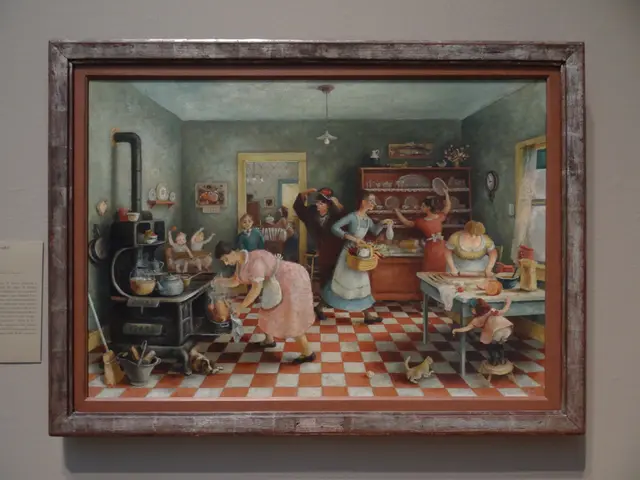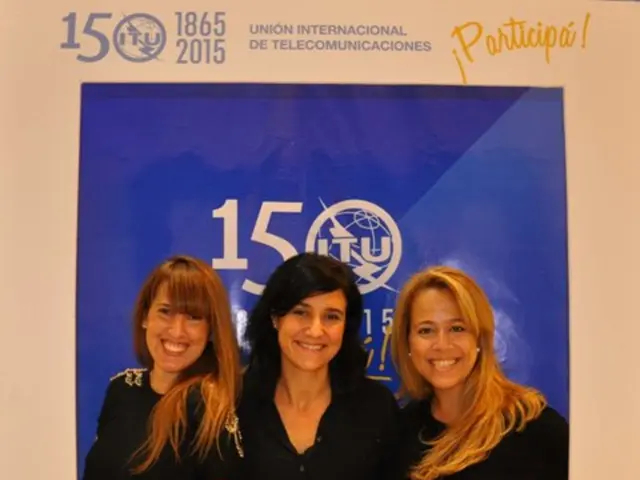Collaborating amidst Parkinson's Disease Challenges
Partnering through Parkinson's: A Couple's Journey
This is the story of Tony and Maree Bush, a Coffs Harbour couple who have navigated life with Parkinson's disease since 2012.
In February 2012, Tony, a builder at the time, fell from a ladder at work. The injury resulted in torn ligaments in his shoulder, leading him to seek the help of a specialist. During this visit, he was also diagnosed with Parkinson's disease. His wife, Maree, had noticed a tremor in his right hand prior to the fall, but the initial diagnosis pointed towards a pinched nerve.
"It's often misdiagnosed," Maree explains. "We were told that everyone's journey with Parkinson's is different. That really stayed with me, and we've Sort of just dealt with what comes along."
Tony continued working for four more years, but the progression of Parkinson's and other business challenges made it increasingly difficult. Debt and unpaid invoices added significant stress to their relationship.
"It was a relief to retire," says Tony. His retirement allowed him to receive a disability pension and some NDIS assistance, but the medication he had been taking began to lose its effectiveness, leading to increased needs for care.
"He started to lose weight and had lost quite a bit before we realized the old medication had stopped working," Maree remembers. "It wasn't long before he really needed 24/7 care. He would be getting up two or three times a night. That was the biggest shock."
Fortunately, Tony was able to secure more NDIS funding to support his increased needs, which alleviated some of the pressure on Maree.
"Before, I was able to do everything needed," she says. "But I was losing spontaneity. I couldn't just get in the car to go for a coffee or a walk on the beach with Tony anymore. But it is what it is, and it hasn't pulled us apart."
Tony appreciates his wife's care and patience. "It was really hard for me: going from being a carer for the family to the one needing all the care was very hard to accept," he says. Maree acknowledges Tony as a patient man who never complains, making him easy to care for.
"He has real dignity and self-respect," Maree says. "He didn't used to have hobbies; his hobby was his work. But now he does a bit of woodwork here and there, with support. He's made bedside tables and a hallstand and there are more things he'd like to do. And he keeps the garden nice."
The couple now focuses on enjoying what moments they can together, although Maree makes an effort to prioritize her own well-being by getting regular massages and exercising more often.
Just a week before this interview, Tony underwent Deep Brain Stimulation (DBS) surgery, which has shown promising results.
"It's been fantastic, I feel fantastic," Tony says. "The neurologist put it this way: 'The way you were was you were a horse-drawn buggy, now you're cruising.' There are not so many bumps."
"I'm getting more sleep," says Maree. "He's been able to get up to the toilet himself, although he's had a fall, he will get used to getting up again on his own. If it's just those little things and nothing else, it's wonderful. People don't realize what a difference it can make. He looks ten years younger, because his face isn't always screwed up with concentration. He hasn't had cramps, so many little things."
The future holds hope for the Bush family as Tony continues to adapt to his new circumstances. They remain grateful for the support they've received and the progress made in managing Parkinson's disease.
Find out more:
Learn more about Parkinson's Awareness Month to support individuals living with Parkinson's and explore ways to improve their lives.
Step into the shoes of people living with Parkinson's through No-Escape Room, an experience designed to challenge common misconceptions and raise awareness.
Your donation can help provide services and programs to enhance the quality of life for people living with Parkinson's.
- Science has made strides in understanding the intricacies of chronic diseases like Parkinson's, offering therapies and treatments to manage symptoms effectively.
- Workplace wellness initiatives should consider the impact of medical conditions, such as Parkinson's, on employees' productivity and quality of life.
- Tony, once a builder, was diagnosed with Parkinson's disease alongside a medical condition resulting from a workplace accident in 2012.
- Womens health, mental health, and various other health aspects must be prioritized to support partners dealing with chronic diseases like Parkinson's.
- Proper nutrition plays a crucial role in managing conditions like Parkinson's, ensuring patients maintain a healthy weight for improved overall health.
- Parkinson's disease can manifest in respiratory conditions, affecting sleep patterns and requiring 24/7 care in some cases.
- In the journey with chronic diseases, practical skills like fitness and exercise can help maintain physical fitness, good digestive health, and eye-health.
- Aging often brings about various medical conditions, including neurological disorders like Parkinson's, necessitating family dynamics and relationships to adapt accordingly.
- Understanding and coping with Parkinson's can be a form of personal growth, helping both the patient and their partner to navigate life's challenges with resilience.
- Men's health should encompass not just physical conditions like Parkinson's, but also mental health support for partners and caregivers.
- Skin care can become increasingly important in managing conditions associated with aging and certain medications, like Parkinson's.
- Career development might take a backseat when dealing with Parkinson's, making job search and skills training more vital for maintaining financial stability.
- In dealing with chronic diseases like Parkinson's, it's essential to focus on education and self-development to stay informed about upcoming therapies, treatments, and advancements in the field of science.
- Working on relationships and maintaining open communication can help couples navigate the challenges of living with a chronic disease like Parkinson's.
- Adapting to a new lifestyle with chronic diseases like Parkinson's may involve learning new hobbies, like woodworking or gardening, to maintain a sense of achievement and personal growth.








